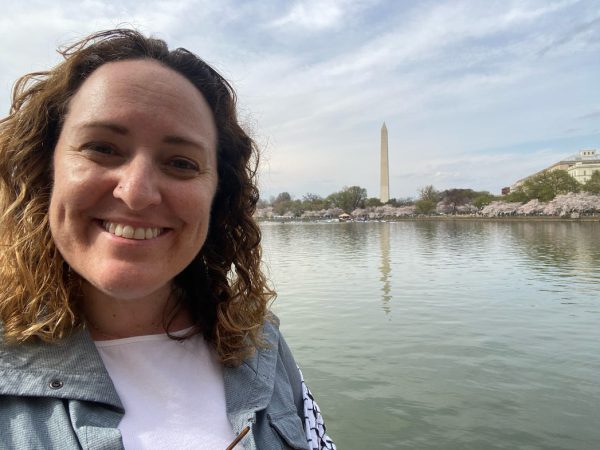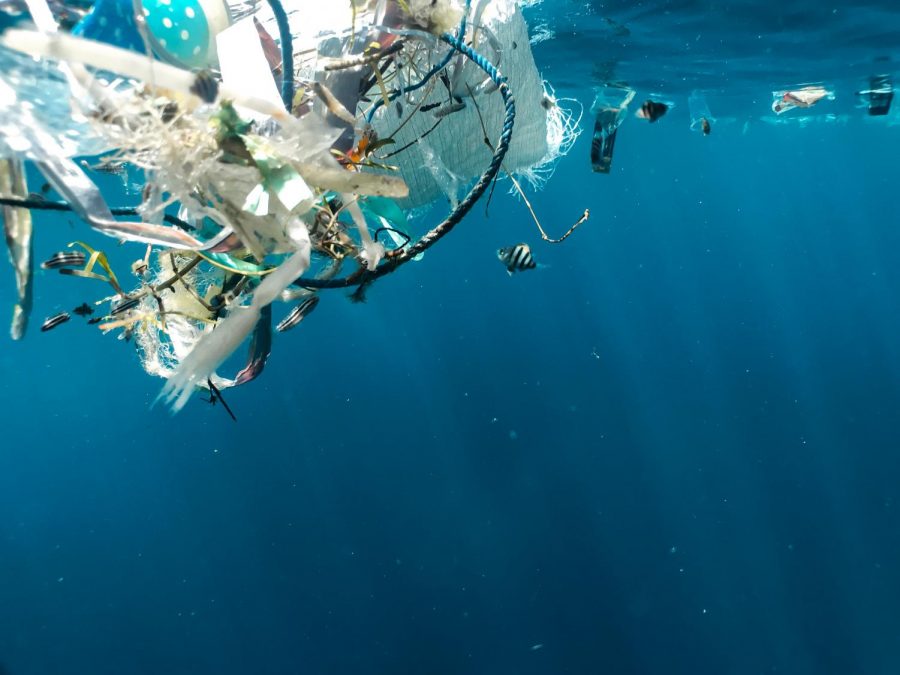Avoiding ocean pollution is crucial to caring for marine and human life
Humans continue to pollute the ocean, impacting not only ourselves but also other existing food webs, despite the fact that the ocean contains 97 percent of the world’s water supply
Naja Bertolucci Jensen from Unsplash
Sea turtles, seals, and other marine mammals often die after consuming or becoming entangled in plastic.
Without the ocean, we would not be able to breathe the air we breathe, drink the water we drink, or utilize the items we use every day. We rely heavily on the ocean in our daily lives. Our quality of life would significantly decline if the clean ocean did not exist. People appear to believe that because the ocean is so wide and vast, we can dump as much garbage as we want into it, and it will have no effect on the human race.
Millions of pounds of trash and other contaminants enter the ocean each year.
Chemical contamination (sometimes known as nutrient pollution) can cause serious issues in health, the environment, and the economy. This sort of pollution happens when human activities, most notably the usage of fertilizer on farms, cause chemical runoff to enter into streams, which eventually flows into the ocean.
As unpleasant as ocean pollution is, what we can’t see may be far worse: 70% of ocean garbage actually sinks to the seafloor, making it unlikely that humans will ever be able to clean it up.
The land contributes 80% of pollution to the maritime ecosystem. Nonpoint source pollution, which arises as a result of runoff, is one of the most significant causes. Nonpoint source pollution is caused by a variety of tiny sources such as septic tanks, automobiles, trucks, and boats, as well as bigger sources such as farms, ranches, and forest areas. Every day, millions of automobile engines spew small quantities of oil into roadways and parking lots. Much of this also ends up in the sea.
When pesticides enter the marine ecology, they are swiftly absorbed by marine food webs. Once in the food webs, these pesticides can induce mutations and illnesses that are hazardous to both people and the entire food web.
Pollution has an impact not just on marine life and their surroundings, but also on humans. When humans are exposed to these harmful compounds over extended periods of time, it can lead to serious health concerns such as causing skin harm, and others can cause substantial long-term lung damage.
Many scientists and conservationists such as the ones highlighted through the National Geographic Society believe that the solution is to prevent plastic debris from entering rivers and seas in the first place. Canada is aiming to ban single-use plastics, as the Prime Minister Justin Trudeau announced “his government would take other, unspecified steps to reduce plastic pollution.” This can be accomplished by improving waste management and recycling systems, better product design that considers the short life of throwaway packaging, and a reduction in the production of needless single-use plastics.
Your donation will support the student journalists of Mead High School. Your contribution will allow us to purchase equipment and cover our annual website hosting costs.

Ana Carrillo is a Senior. She enjoys hanging out with friends, outdoor activities and random adventures. She is on the tennis team this year. She is looking forward to communicating current events occurring in and outside of school.








Hayden Wagner • Feb 8, 2022 at 10:57 am
This was very interesting!